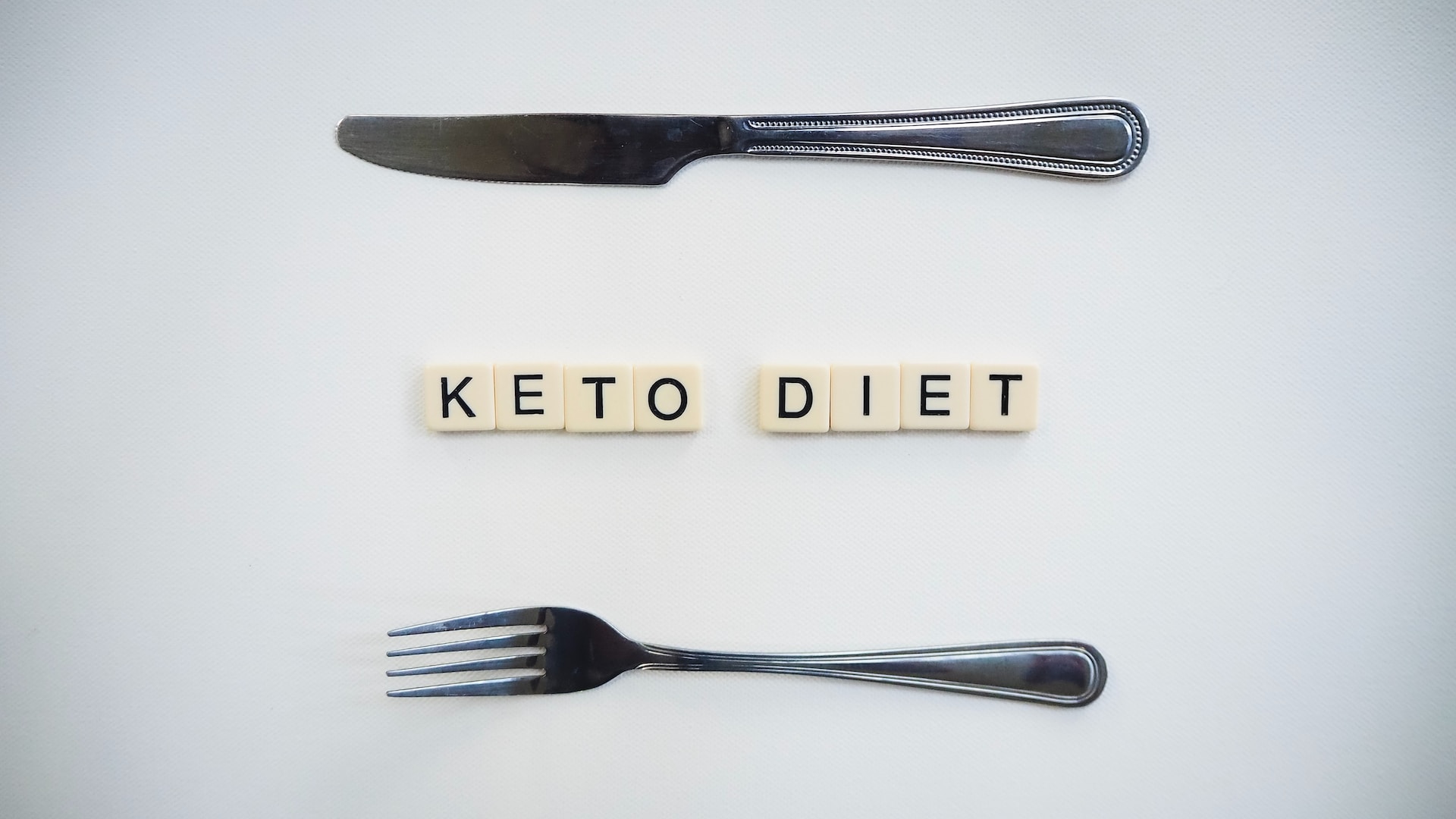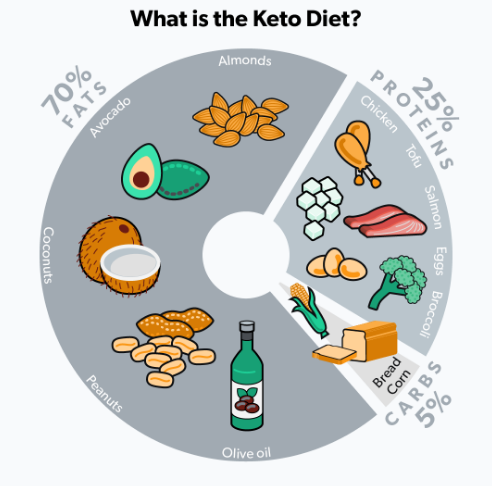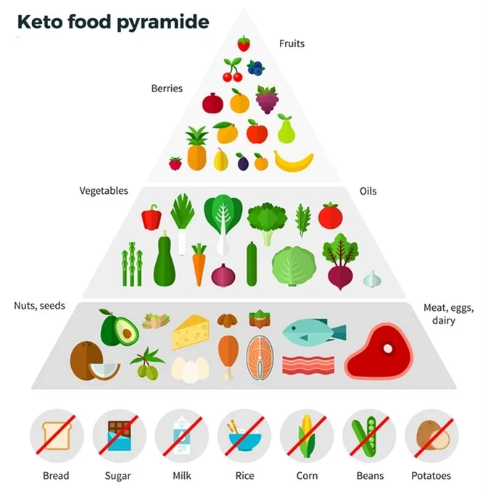The Ultimate Guide To Starting A Keto Diet Plan

The ketogenic or keto diet is a low-carb, high-fat diet with many health benefits, including weight loss, better blood sugar control, and a lower risk of heart disease.
The keto diet directs the body to use fat stores for fuel rather than glucose from food. Ketones are a byproduct of the breakdown of fat in the body on a low-carbohydrate diet. Instead of using glucose (sugar) for fuel, your body can use ketones.
You can get a lot of energy from fat when you're in ketosis. Especially at the beginning of a diet, this can help you shed pounds quickly.
The Ketogenic Diet: A Step-by-Step Guide
The ketogenic diet is a straightforward eating plan. Just swap to a high-fat, low-carbohydrate diet.
The following should be kept in mind while following a ketogenic diet:
- Daily carb intake should be between 20 and 50 grams, while fat consumption should account for 70 to 80 percent of total calories.
- Make protein a regular part of your diet.
- There are various approaches to the ketogenic diet. The ketogenic diet can be followed in either a strict or loose fashion.
- Success on the ketogenic diet requires careful monitoring of macronutrient consumption.
Dietary Requirements For The Ketogenic Diet
The ketogenic diet allows for a limited number of food options. For example:
Non-starchy vegetables (such as broccoli, cauliflower, spinach, kale, and asparagus); meat (including beef, pork, chicken, fish, and lamb); eggs; healthy fats (such as avocados, nuts, seeds, and olive oil); dairy (including cheese, butter, and cream);
On the ketogenic diet, there are also some foods you should not eat. For example:
- Fruits: Most fruits are high in carbs and should be avoided on the keto diet.
- Grains: bread, pasta, rice, and cereal.
- Sugar: candy, soda, and juice.
- Starchy Vegetables: potatoes, corn, and peas.
- Alcohol: Alcohol is high in calories and can cause you to exit ketosis.
- Legumes: beans, lentils, and peanuts.
The Keto Diet's Advantages
The ketogenic diet has many advantages:
- Improved blood sugar control
- Cognitive performance
- Improved energy levels
- Inflammation reduction
The Keto Diet's Side Effects
Some people on the ketogenic diet experience side effects like:
- A temporary set of symptoms known as "the keto flu" may appear in the first few days or weeks of starting a ketogenic diet.
- One of the adverse effects of following a ketogenic diet is constipation. It's brought on by not getting enough fiber in one's diet.
- The ketogenic diet has been linked to an increased risk of kidney stones. This is because fluid and electrolyte loss may occur during the ketogenic diet.
- Rarely the ketogenic diet has been linked to hair loss. The decline in testosterone production is to blame for this condition.
Conclusion
The ketogenic diet is a proven method for reducing body fat and enhancing health. However, you should consult your doctor before beginning the ketogenic diet if you have any health issues.
Doing your homework and consulting your doctor before the ketogenic diet is essential.






